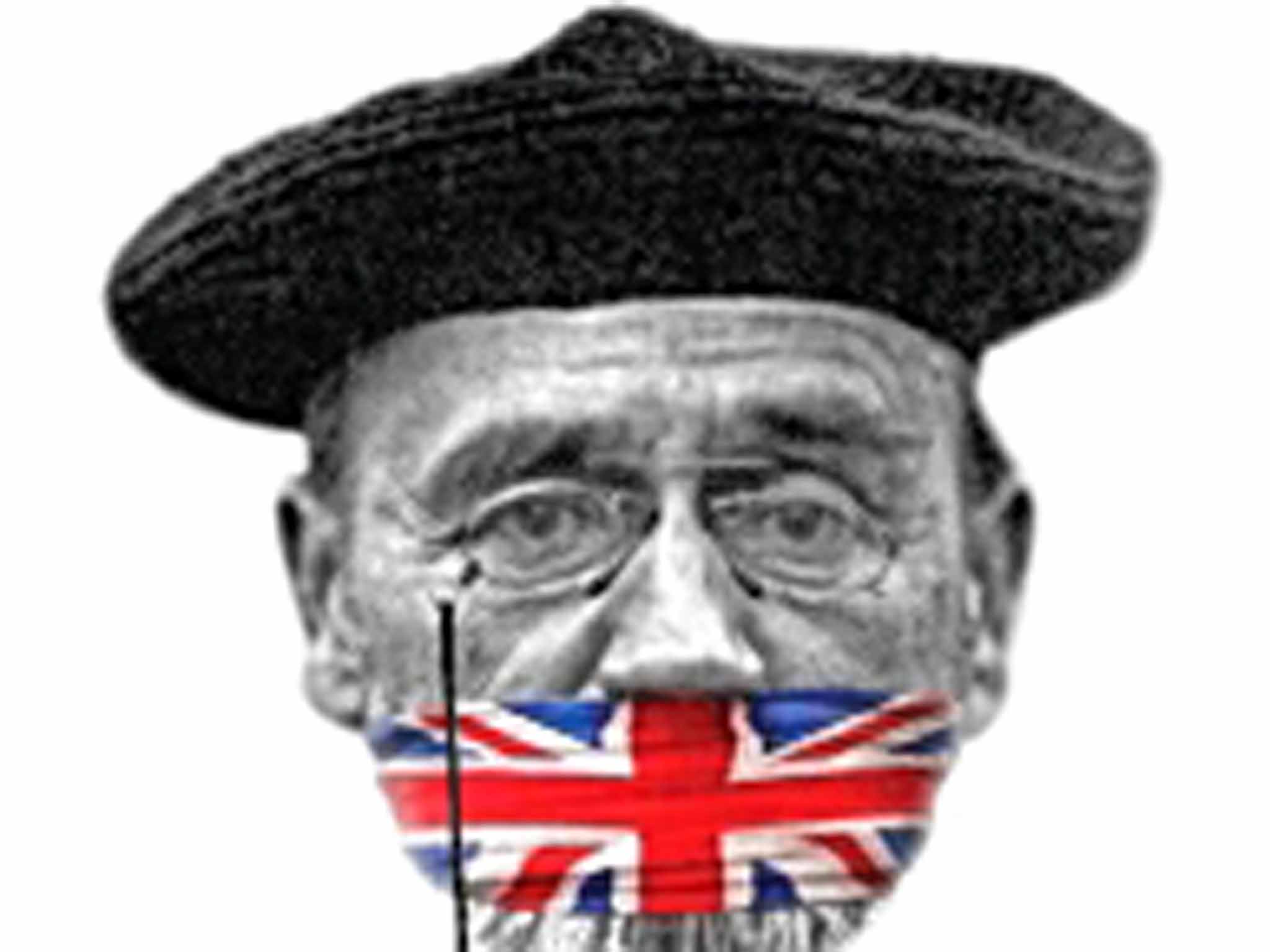Zola and the Victorians, by Eileen Horne - book review: A piping-hot tale of literature on trial in an age of hypocrisy
This is as ingenious and authentic an example of the fictionalisation of history as any I have read.

In May 1888, Samuel Smith of the National Vigilance Society rose in the House of Commons to denounce the “immense increase of vile literature”, notably the translated works of Emile Zola. Smith excoriated Zola's British publisher, Henry Vizetelly. Cheap copies of Zola's works were being sold to “young girls in low bookshops”, leading directly to prostitution. Smith had not personally read Zola but had “on good authority a summary of their content. Mr Speaker ... nothing more diabolical has been written by the pen of man.”
So began the course of events that led to the two prosecutions of the elderly Vizetelly, his financial ruin and his imprisonment in Holloway. The trials' legal legacy lasted until 1960 and the obscenity charges against DH Lawrence's Lady Chatterley's Lover. In Horne's wonderful reconstruction, the dramatis personae come to breathing life. Before our eyes pass Zola himself, his wife and his mistress; the Vizetelly family; WT Stead, infamous editor of The Pall Mall Gazette; George Moore (“a codfish crossed with a satyr”) and Frank Harris.
This is as ingenious and authentic an example of the fictionalisation of history as any I have read. It weaves its sources – court records, Hansard, letters, journalism – into a believable whole, with irony, pathos and humour. Horne's narrative is strengthened by illustrations: a nude cartoon of Zola as “Le Roi des Porcs”, painting the map of France with excreta; the Old Bailey interior; Sir Edward Clarke QC, Counsel for the Prosecution, bewigged and whiskered.
The books selected for prosecution from Zola's Rougon-Macquart series were Nana, The Soil and Piping Hot! Despite efforts by Vizetelly's son Ernest to “soften” his translations of Zola's “naturalism”, The Soil, with its references to bestiality and incest, was hard to defend as a novel with a moral purpose. What was a translator to do with rapes, pregnancies, menstruation, nudity and women's sexuality? How could Ernest hope to disguise The Soil's reference to a 14-year-old girl “masturbating a bull to allow it to mount a cow”? Even Zola's friend Henry James spurned The Soil as “an emanation from an open drain.”
In the end, Vizetelly's two trials and imprisonment broke his heart and health. We feel, as we read Horne's account, as if we're present in the court room, the newspaper offices, the prison and, with the most painful irony, in the ailing Henry Vizetelly's home in 1893, while London, the world capital of hypocrisy, fetes the visiting Zola with fireworks and adulation.
Quercus MacLehose Press £16.99. Order for £15.29 (free p&p) from the Independent Bookshop: 08430 600 030
Subscribe to Independent Premium to bookmark this article
Want to bookmark your favourite articles and stories to read or reference later? Start your Independent Premium subscription today.

Join our commenting forum
Join thought-provoking conversations, follow other Independent readers and see their replies